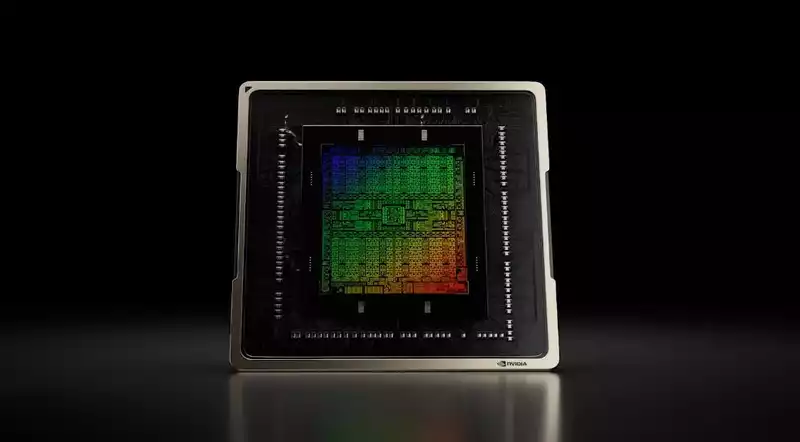Nvidia's next-generation graphics cards will probably not be available for another two years, giving Nvidia plenty of time to chop and change its GPUs, even if they do end up with the aptly named RTX 50 series. But the rumors never cease.
The latest source is the usually reliable Nvidia source Kopite7kimi. They speculate that the flagship Nvidia RTX 50 card (possibly to be named RTX 5090) will have a 512-bit memory bus. This is something we can all appreciate, considering that there were cards with 512-bit buses more than a decade ago. [But if a $1,599 card like the RTX 4090 doesn't justify a 512-bit bus, what does?" following that line of thinking, one shudders to think of the RTX 5090's cost.
For modern GPUs, the ever-increasing speeds of GDDR6 and GDDR6X have reduced the need for wide memory buses; take the RTX 4090 for example, which has 24GB of GDDR6X memory at 21Gbps with a maximum bandwidth of 1,008GB/s. The RTX 3090 Ti had the same configuration, meaning that despite the significant overall performance increase, there was no generational bandwidth improvement.
A 512-bit bus width combined with 21 Gbps memory results in a bandwidth of 1,344 GB/s. This corresponds to a 33% increase over the RTX 4090. However, 21Gbps memory is 2022; expect GDDR7.
If Nvidia were to include 32 Gbps GDDR7 with a 512-bit bus in the RTX 5090, the bandwidth would be more than 2 TB/sec, double that of the RTX 4090. So there is a lot of speculation as to why Nvidia felt the need to increase memory bandwidth so much. If 8K gaming takes off, this card will lead the charge. An exciting prospect, but an expensive one, no doubt.
If Nvidia chooses to include a 512-bit bus in its next-generation flagship, it should bode well for cheaper cards in the series. one of the main criticisms of the RTX 4070 and RTX 4070 Ti, and especially the RTX 4060 Ti, is their narrow bus width. xx60 and xx70 cards would be a welcome upgrade to 192-bit and 256-bit buses, respectively.
The move to a 512-bit bus opens up some interesting memory configuration possibilities: since the RTX 3090/TI and RTX 4090 all have 24 GB of memory, a 512-bit bus would make cards with 32 GB of memory a distinct possibility
The RTX 4090/TI and RTX 4090 have a total of 24GB of memory.
Let the savings begin: a hypothetical RTX 5090 with 32GB of GDDR7 memory and a 512-bit bus could make a $1,599 RTX 4090 look like a Best Buy special. At least you'll have a long time to fill up your piggy bank.


Comments